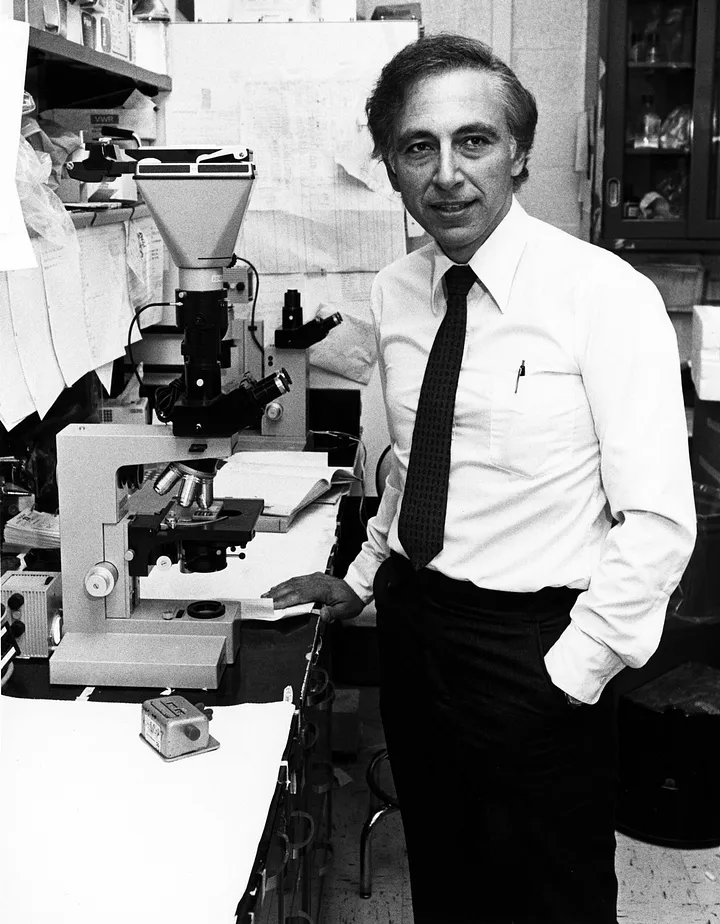Introduction
In the realm of corporate malfeasance and government misconduct, few individuals possess the audacity and courage to challenge the status quo. Enter Paul Lackey, a name that has recently made waves within the whistle-blower community. Lackey, a former executive at a prominent multinational conglomerate, has stepped forward to expose a labyrinth of secrets that could potentially shake the foundations of modern industry. In this exclusive exposé, we delve into the life and revelations of Paul Lackey, shedding light on the truth he bravely seeks to bring to the forefront.
The Making of a Whistle-Blower
Paul Lackey’s journey toward becoming a whistle-blower was one of personal and moral transformation. Born and raised in a small town in rural America, Lackey’s formative years were characterized by a strong sense of justice and an unwavering commitment to fairness. With a sharp mind and an insatiable curiosity, he embarked on a career in the corporate world, eager to make a difference.
His rise through the ranks of a multinational conglomerate afforded Lackey a front-row seat to the inner workings of corporate power. Over time, however, he began to witness the stark disparity between the company’s public image and the truth that unfolded behind closed doors. Consumed by an ethical dilemma, Lackey’s conscience could no longer bear the weight of the company’s secrets, and he made the life-altering decision to become a whistle-blower.
The Exposé: Unveiling Corporate Misconduct
Paul Lackey’s whistle-blower files are a treasure trove of information that has sent shockwaves throughout the corporate world. As we delve into the documents, a pattern of misconduct emerges, revealing a culture of deception and manipulation that permeates the upper echelons of power.
Financial Shenanigans: Lackey’s documents expose a web of financial irregularities, including fraudulent accounting practices aimed at artificially inflating profits and concealing liabilities. This systematic manipulation of financial data raises serious concerns about the integrity of corporate reporting and investor confidence.
Environmental Negligence: Lackey’s revelations shed light on the company’s willful disregard for environmental regulations and sustainability practices. The documents provide evidence of deliberate pollution, improper waste disposal, and a callous indifference toward the long-term ecological impact of the company’s operations.
Employee Exploitation: Lackey’s files further expose a culture of exploitation within the company, where workers are subjected to unsafe working conditions, unfair labor practices, and rampant discrimination. The documents present a damning case against the company’s management, revealing a systemic erosion of workers’ rights in the pursuit of profit.
The Aftermath: Implications and Accountability
The release of Paul Lackey’s whistle-blower files has ignited a firestorm of public outcry and demands for accountability. The implications of his revelations are far-reaching, not only for the company in question but for the entire corporate landscape.
Legal experts predict a surge in government investigations, potential lawsuits, and regulatory reforms as a direct result of Lackey’s disclosures. With his files now in the hands of law enforcement agencies and regulatory bodies, the path to justice seems within reach.
However, Lackey’s journey has not been without personal sacrifice. Whistle-blowers often face immense challenges, including professional ostracism, personal attacks, and the constant fear of retaliation. The toll it takes on their mental and emotional well-being cannot be understated.
Conclusion
Paul Lackey’s courage to expose the secrets lurking within the corporate world deserves our utmost admiration. His whistle-blower files have peeled back the layers of deception and sparked a global conversation on the urgent need for corporate accountability.
As the legal and regulatory machinery grinds on, it is imperative that we support and protect whistle-blowers like Lackey, ensuring their safety and providing avenues for their voices to be heard. Their contributions to society cannot be overstated, as they serve as catalysts for change and guardians of integrity.
The release of Lackey’s whistle-blower files should serve as a wake-up call for corporations and governments worldwide. It is a stark reminder that unchecked power and opacity can lead to widespread corruption, environmental degradation, and the exploitation of workers. The time has come for greater transparency, stricter regulations, and a culture that values ethics and accountability.
In the aftermath of Lackey’s revelations, companies must reflect on their own practices and take proactive steps to prevent misconduct. This includes implementing robust internal controls, fostering a culture of open communication and ethical decision-making, and establishing channels for employees to report wrongdoing without fear of reprisal.
Furthermore, regulators and lawmakers must seize this opportunity to strengthen whistle-blower protections and create a conducive environment for individuals to come forward with information. Whistle-blowers play a vital role in safeguarding the public interest, and their contributions should be recognized and rewarded, rather than met with hostility and adversity.
As society grapples with the aftermath of Lackey’s disclosures, it is essential that we engage in a thoughtful and nuanced dialogue. Whistle-blowers, like Lackey, should be given a platform to share their experiences, insights, and recommendations for reform. Their firsthand knowledge and unique perspectives can help shape policies that promote transparency, accountability, and ethical business practices.
In conclusion, Paul Lackey’s journey from corporate executive to whistle-blower has shed light on the dark underbelly of corporate misconduct. His courage to expose the truth has sparked a necessary reckoning within the corporate world and beyond. The revelations contained in his whistle-blower files are a call to action for governments, corporations, and individuals alike to prioritize integrity, transparency, and accountability. Only through collective efforts can we build a future where corporate malfeasance is not tolerated, and the pursuit of profit is balanced with social responsibility and ethical conduct.












